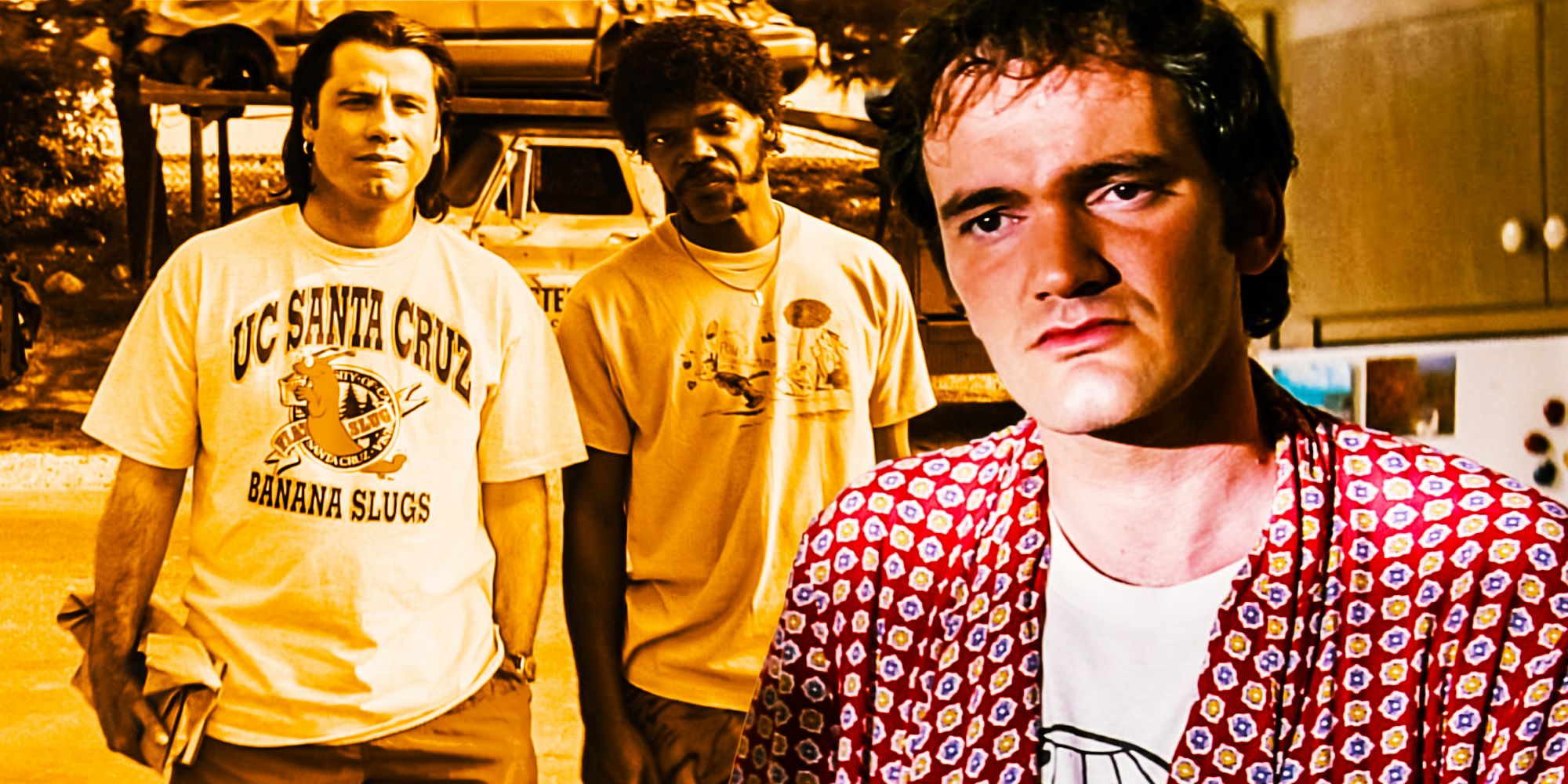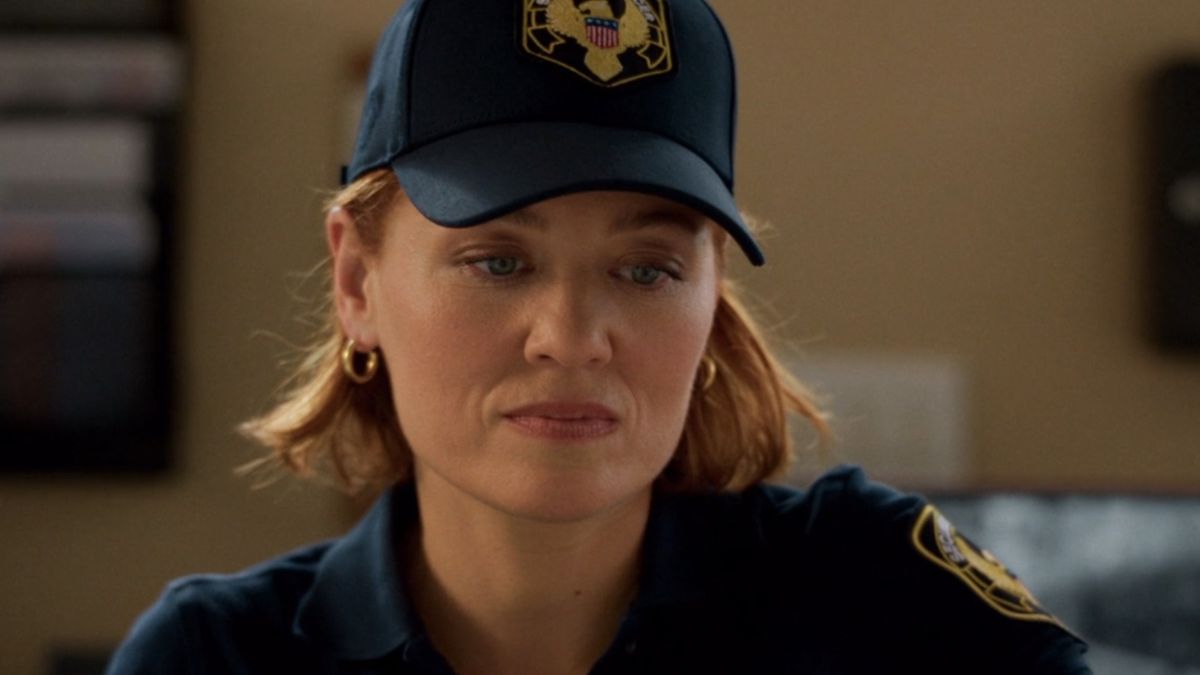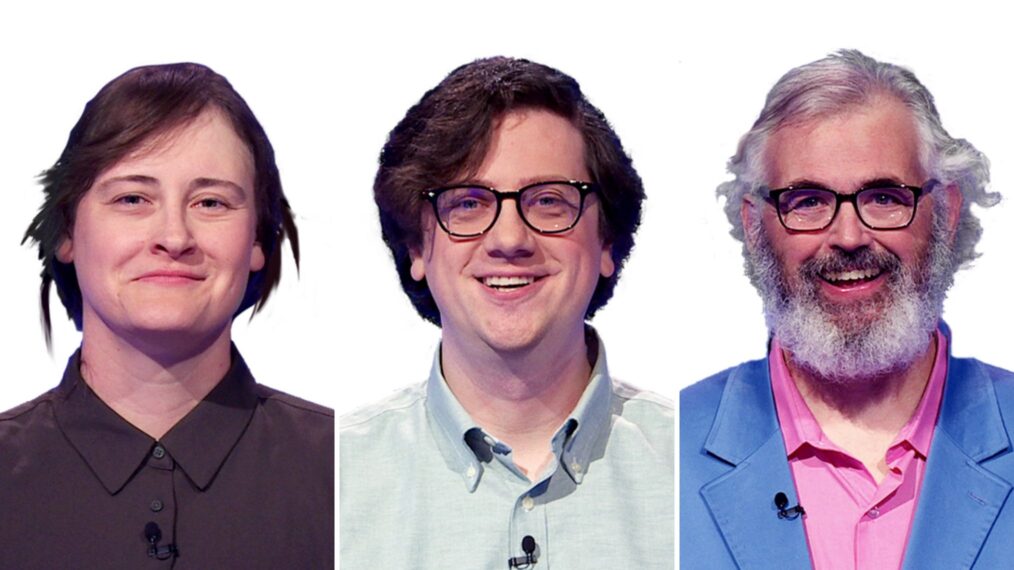
- Home
- SR Originals
- Quentin Tarantino’s Biggest Pulp Fiction Problem Is Totally Wrong
Quentin Tarantino has one “big problem” with Pulp Fiction, but he got it wrong as that’s actually one of the movie’s strengths – here’s what it is.
Pulp Fiction continues to be widely regarded as Quentin Tarantino’s masterpiece, but the director doesn’t see it as such, and he has one big problem with his own movie – and he’s totally wrong about it. Quentin Tarantino is one of the most respected and praised filmmakers but also one of the most controversial ones due to how he portrays certain characters and the big amounts of blood and violence in his movies. Still, Quentin Tarantino’s movies are some of the most popular ones of the last two decades, and one that continues to be praised by critics and viewers is Pulp Fiction.
SCREENRANT VIDEO OF THE DAY
Released in 1994, Pulp Fiction is a crime movie that stood out for its non-linear narrative, as its story is formed by different segments told out of order and led by different characters, whose paths cross at some point. Starring in these segments are hitmen Vincent Vega (John Travolta) and Jules Winnfield (Samuel L. Jackson), their boss Marsellus Wallace (Ving Rhames), his wife Mia Wallace (Uma Thurman), and boxer Butch Coolidge (Bruce Willis), though the characters often considered as the main ones of Pulp Fiction are Jules, Vincent, and Mia, and all of them became so popular they are now part of pop culture and film history.
Related: Pulp Fiction: Why Vincent Dies But Jules Lives
Pulp Fiction was a critical and commercial success, winning the Palme d’Or at the 1994 Cannes Film Festival and the Academy Award for Best Original Screenplay, and it’s considered one of the most influential movies of the 1990s. Pulp Fiction is widely regarded as Tarantino’s masterpiece, but the director recently shared his thoughts on it and pointed out his one big problem with Pulp Fiction: the direction of it, which is actually one of the strengths of the movie instead of a “problem”.
Quentin Tarantino’s Pulp Fiction Direction Is A Huge Strength, Not A Problem
In a recent chat with the podcast ReelBlend (via Far Out), Tarantino spoke about his movie Jackie Brown, describing it as “opposed to Pulp Fiction” as it “wasn’t trying to blow your mind”, and that led to the director sharing his honest feelings about Pulp Fiction. Tarantino explained that his “biggest problem” with Pulp Fiction is that he didn’t “care for the direction of it that much”, and while he does love the script and production design, he feels he was “just capturing” the actors rather than having a deeper investment in his sense of direction. Tarantino added that he sees Jackie Brown as the moment “where I started becoming more of a filmmaker”, and this is the movie that came right after Pulp Fiction.
While there are many strengths to Pulp Fiction, one of its biggest ones is definitely Tarantino’s direction, which goes beyond “just capturing”, as he puts it. Pulp Fiction was the movie that truly defined Tarantino’s filmmaking style, so much so that it has been labeled as “innovative” for its time. Pulp Fiction is packed with stylish and clever shots with filmmaking tricks that elevate the scenes and made some moments truly iconic, as is the adrenaline shot scene, which in order to achieve the desired effect, was filmed backward. Tarantino’s direction also made it possible for Pulp Fiction to tell its story in a non-linear style without it becoming nonsensical and confusing, as he allowed each segment to be its own while also making it all feel like one, all this while also letting the script and performances shine. It’s no surprise to listen to Quentin Tarantino being self-critical, but he definitely got it wrong with what he sees as Pulp Fiction’s “big problem”.





















![Linkin Park – The Emptiness Machine [2024 Billboard Music Awards] Linkin Park – The Emptiness Machine [2024 Billboard Music Awards]](https://i.ytimg.com/vi/XmYM505rHkQ/maxresdefault.jpg)



